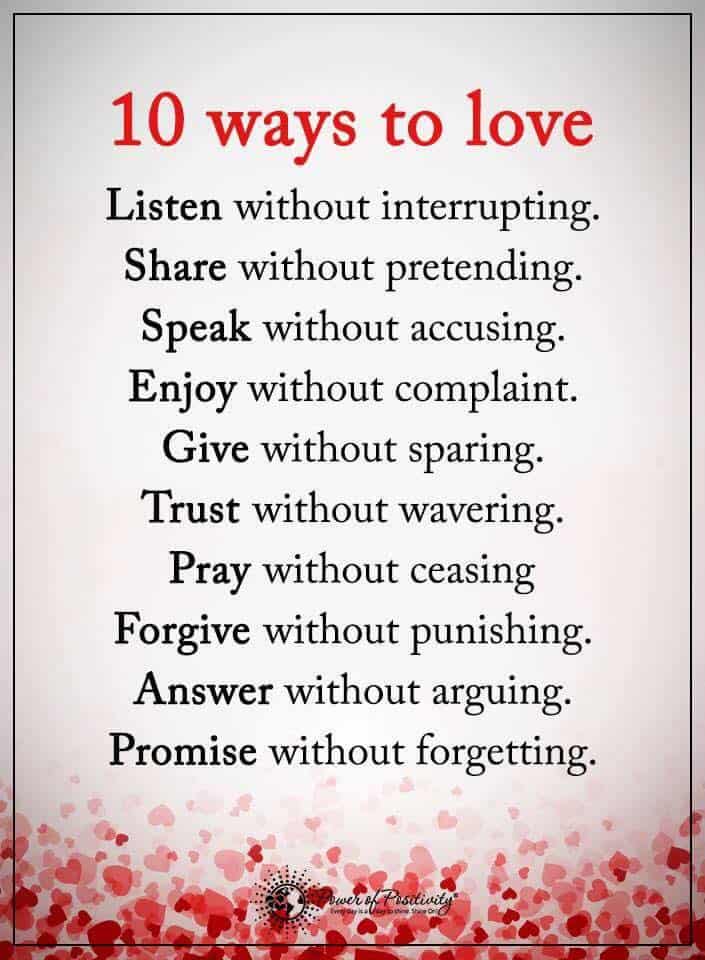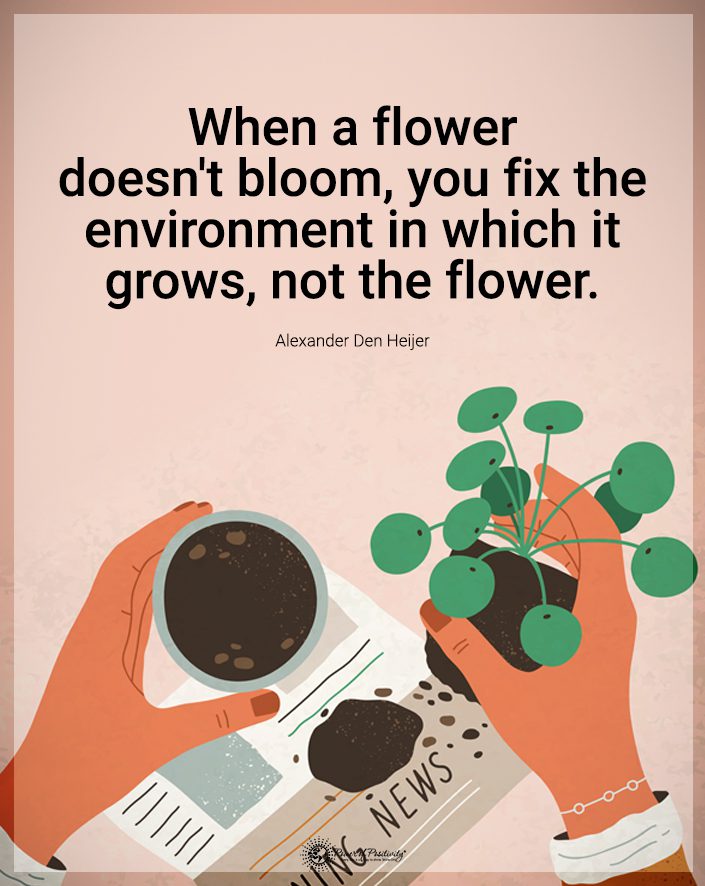Saying these to an adult child can strain your relationship.
Life can be incredibly complicated challenging, especially for adult children struggling with “adulting.” As parents, it’s natural to want to offer advice or share your wisdom, but sometimes, what we say can do more harm than good.
This article will examine fifteen phrases you should avoid saying to your adult child facing difficulties and why they might be unhelpful or hurtful.
Why an Adult Child May Struggle
Understanding the root causes of why an adult child may be struggling is key to providing appropriate support and empathy. Adulting is complex and comes with challenges, some of which can be overwhelming.
Here are some common life situations that may cause issues for adult children:
Your Adult Child May Face Financial Difficulties
One of the most common stressors for adults is financial strain. These could stem from unemployment, underemployment, student loans, or simply the cost of living. Financial stress can lead to myriad issues, including anxiety, depression, and a feeling of being stuck or unable to progress in life.
Your Adult Child Had a Romantic Breakup
The end of a significant relationship can be a profound source of distress. Romantic breakups can lead to loneliness, a loss of identity, and questioning plans. The emotional toll of a breakup can impact other areas of life, including work and social interactions.
Your Adult Child Experiences Workplace Pressures
The workplace can be a considerable source of stress. This pressure could be due to a demanding job, conflicts with colleagues or superiors, job insecurity, or feeling unfulfilled in their career choice. The pressure to succeed and climb the career ladder can be overwhelming, leading to burnout and mental health issues.
An Adult Child Can Have a Physical or Mental Illness
Dealing with a physical or mental illness can be incredibly challenging. It can affect every aspect of life, from daily routines to long-term plans. Mental health issues, in particular, can be debilitating, affecting their ability to function, maintain relationships, and meet societal expectations.
Yes, Your Adult Child Might Face Peer Pressure
Even as adults, individuals can face peer pressure. That can manifest in various ways, such as pressure to conform to social norms, maintain a certain lifestyle, or make choices that align with their peer group. That can lead to feeling lesser-than, low self-esteem, and anxiety.
An Adult Child Might Not Cope Well with Life Transitions
Adult life is full of transitions, such as moving to a new city, starting a family, or changing careers. While often exciting, these transitions can also be sources of stress and uncertainty. The pressure to make the ‘right’ decisions can be daunting and can lead to self-doubt and anxiety.
Recognizing these common struggles can help you approach your adult child with greater understanding and empathy. It’s important to remember that these challenges are a normal part of life and that your support can make a significant difference in how your child navigates these difficulties.
Here’s How These Phrases May Damage Your Relationship With Your Adult Child
The words we use with our adult children, especially when struggling, carry immense weight. The phrases we’ve discussed can inadvertently harm the delicate parent-child relationship. Understanding the potential impact of these words is crucial in maintaining a healthy, supportive bond.
Eroding Trust and Openness
When you use phrases that minimize or dismiss their feelings, your child might start to feel that their emotions and experiences are not valid or important in your eyes. It can lead to an utter breakdown in trust and openness, as they may no longer feel safe or comfortable sharing their struggles with you.
Creating Emotional Distance
Phrases that compare, belittle, or trivialize their experiences can create an emotional barrier. Your child might feel misunderstood and alone in their struggles, leading to a sense of isolation even when you are physically present in their lives.
Fostering Resentment
Criticism, even when well-intentioned, can breed resentment. If your child feels constantly judged or compared to others, they may harbor negative feelings towards you. This resentment can be a significant obstacle in maintaining a healthy relationship.
Hindering Self-Esteem and Growth
Negative or dismissive language can impact your child’s self-esteem and personal growth. Suppose they are constantly told that they are overreacting, lazy, or not trying hard enough. In that case, they may begin to internalize these criticisms, hindering their ability to cope with their struggles and grow from their experiences.
Preventing Effective Problem-Solving
When a child feels that their problems are not taken seriously, they may be less inclined to seek your advice or support in the future. Critical language deprives them of a valuable resource – your guidance and experience – which could be instrumental in helping them navigate their challenges.
Damaging Long-Term Relationship Dynamics
Repeated use of these phrases can fundamentally alter the nature of your relationship with your child. They may view the relationship as a source of stress rather than support, which can have long-lasting effects on how they interact with you and other family members.
Never Say These Words to an Adult Child
Here are the fifteen phrases to never say to your grown-up offspring:
1 – “When I Was Your Age…”
Comparing their struggles to your past experiences can minimize their feelings. Each generation faces unique challenges, and what worked for them might not be relevant for them. Acknowledging that their struggles are valid and unique to their circumstances is more helpful.
2 – “You Just Need to Work Harder”
Telling someone to work harder overlooks the complexities of their situation. It implies that their struggles are due to a lack of effort, which can be demoralizing. Recognize that hard work is important, but it’s not always the sole solution to life’s challenges.
3 – “You Should Be More Like Your Sibling/Friend”
Comparisons to others can create feelings of inadequacy and resentment. Appreciating your child’s journey and strengths is important, rather than measuring them against someone else’s achievements.
4 – “You’re Just Being Lazy”
Labeling your child as lazy is hurtful and dismissive. It fails to acknowledge the real issues they might be facing, such as mental health struggles or external challenges. Encouragement and understanding are more productive than judgment.
5 – “You Should Have Listened to Me”
This phrase can come across as I-told-you-so and can shut down communication. Focusing on the present and how you can support them in finding solutions is more helpful than dwelling on past decisions.
6 – “Just Cheer Up”
Telling someone to cheer up when they’re struggling can feel dismissive. It’s important to acknowledge their feelings and let them know it’s okay not to be okay. Offer a listening ear and support instead of oversimplifying their emotions.
7 – “It’s Not That Big of a Deal”
Minimizing their problems doesn’t make them go away; it just makes your child feel unheard. Take their concerns seriously and offer empathy and support.
8 – “You’ll Get Over It”
While this phrase is often meant to be reassuring, it can come across as insensitive to an adult child. It’s more helpful to acknowledge that their struggle is significant and offer to help the child through it.
9 – “I Don’t Know Why You’re Making This So Hard”
This statement implies that their struggle is their fault. It’s more constructive to acknowledge that life can be complicated and offer your support in navigating these challenges.
10 – “Everyone Goes Through This”
While it’s true that many people face challenges, this phrase can trivialize your child’s experience. It’s important to recognize that their struggle is unique and deserves individual attention and understanding.
11 – “You’re Just Overreacting”
Telling someone they’re overreacting dismisses their feelings and experiences. It’s crucial to validate their emotions and understand that their response to their situation reflects their current state of mind.
12 – “You Have So Much to Be Grateful For”
While gratitude can be helpful, using it to overshadow their struggles can feel dismissive. It’s more supportive to acknowledge their difficulties before gently guiding them towards a more positive perspective.
13 – “This Is Just a Phase”
Labeling their struggle as a phase can belittle the seriousness of their experience. It’s more helpful to recognize that what they’re going through is a significant part of their life journey and deserves attention and respect.
14 – “Stop Feeling Sorry for Yourself”
This phrase can come across as harsh and unsympathetic. It’s important to encourage self-compassion and understanding rather than making them feel guilty for their emotions.
15 – “Why Can’t You Be More Positive?”
Demanding positivity can invalidate their genuine feelings of distress. It’s more beneficial to acknowledge their feelings and offer support in coping rather than pressuring them to adopt a positive facade.
What to Do for Your Adult Child Instead
Your goal should serve as a source of comfort and guidance, not criticism. Listen to all concerns, acknowledge their feelings, and offer help in a way that empowers them. Your support can make a significant difference in their journey through tough times. Sometimes, your loved one simply needs someone to them, letting them “think out loud” without judgment.
Final Thoughts on What You Should Never Say to an Adult Child
To maintain and strengthen your relationship with your adult child, it’s essential to communicate with empathy. You must also validate their feelings and offer support without judgment. Avoiding phrases damaging your relationship creates a foundation of trust and understanding. And that can be invaluable in helping your child through their struggles.

















 Community
Community

